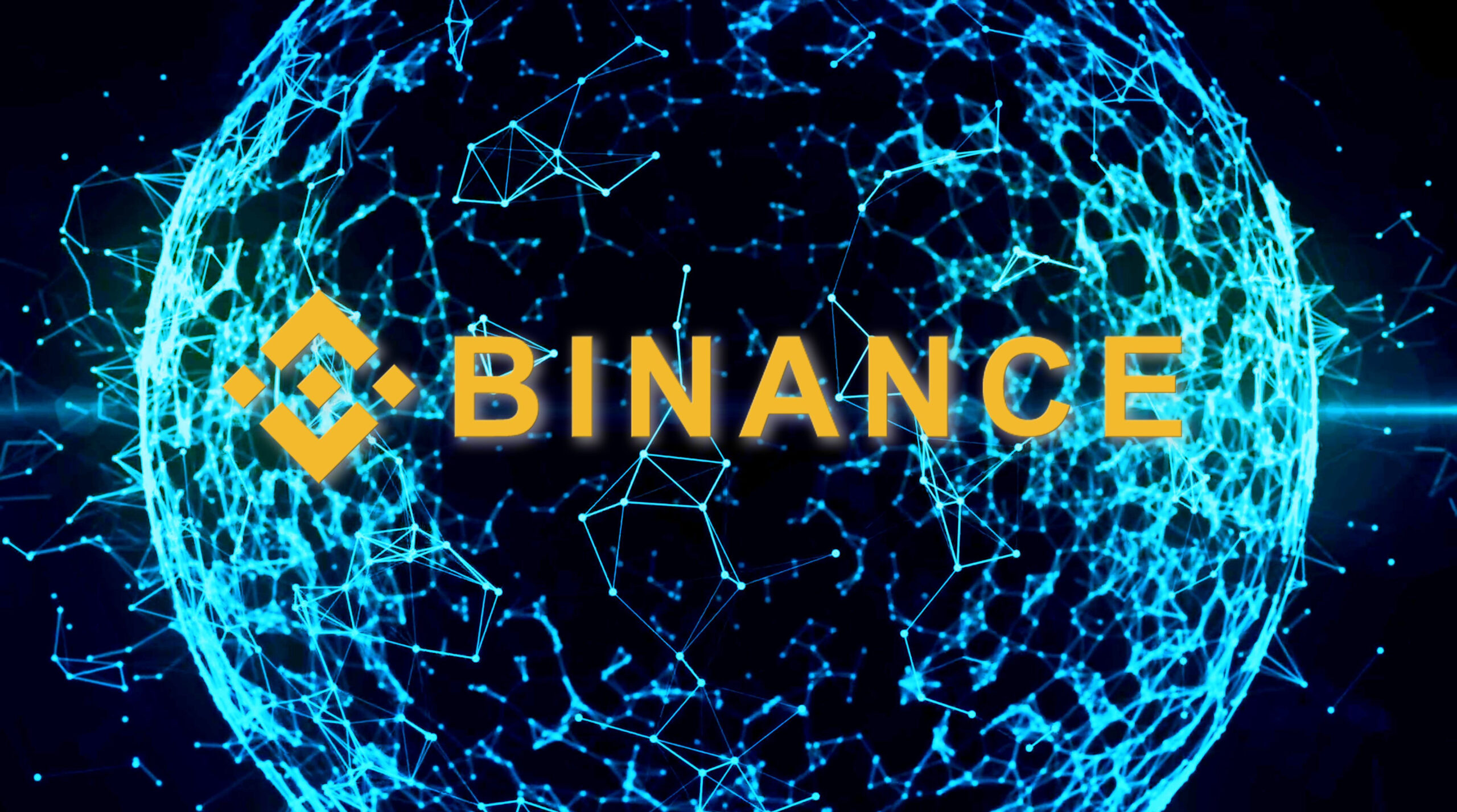While the cryptocurrency landscape is presently experiencing volatile price changes, unforeseen outcomes are also rising, especially with altcoins. Worthy of note is the whale who lost about $732k and how InQubeta (QUBE) crossed the $2.4 million mark in its presale.
A Whale Becomes Bear
Altcoins have served as investors’ goldmines and innovative vehicles for the cryptocurrency space. For this reason, new tokenized projects are scrutinized to predict their future in the ecosystem. If they pass the test, they stand a high chance of success.
However, in what can only be described as surprising, an altcoin whale sold assets worth $2.52 million and accrued a total loss worth $723,000.
Reports reveal that the whale deposited 934,524 Arbitrum (ARB) tokens, 514,122 Lido DAO tokens, and 172,585 Uniswap (UNI) tokens on Binance. These transactions and others carried out suffered different percentage losses, which include 3.49% for ETH, 8.40% on ARB, 22.1% on LIDO, and 25.1% for UNI.
Apparently, the regression of the crypto market played a massive role in the loss. Though unconfirmed, many take the losing transactions as a sign of giving up on the whale’s side. In other news, some token holders are not giving up just yet.
InQubeta (QUBE), a project aiming to change the narrative when it comes to funding for AI startups, seems to be a hit if one is to judge by the numbers. Having sold over 80% of the QUBE token on offer during Stage 3 of its presale, InQubeta has raised over $2.4 million.
Visit InQubeta Presale
The InQubeta (QUBE) Advantage
According to Statista, the AI market, which covers a vast number of industries, has a value of nearly $100 billion and is expected to grow to almost $2 trillion. The intersection of AI and crypto creates an even more robust market whose potential is yet to be imagined.
InQubeta is creating a more transparent, secure, and democratic investment ecosystem that supports the growth and success of AI technology startups by leveraging the power of blockchain and smart contracts.
QUBE is the token that runs the world’s first AI crypto crowdfunding platform that houses investors and AI startup founders.
The platform makes it easy for interested investors to easily and securely invest in qualified AI startups. As a project, InQubeta brings two important players in the AI industry, the founders and the investors, together and gets them to shape the coming generation of AI technology.
QUBE revolutionizes not just the funding landscape for AI startups but also takes cryptocurrency investments to a different level. Investors on InQubeta not only get to invest in digital assets but also participate in funding the burgeoning AI industry. Through InQubeta’s innovative fractional investment system, one can own a piece of the action in some exciting and promising AI startups.
In the InQubeta NFT marketplace, AI startups can raise funds and offer rewards and equity-based NFTs and interested investors who are holders of the QUBE token get to invest in the projects they believe in. Each investment opportunity is minted into an NFT, which is then fractionalized. This way, investors can participate in a way that suits their budget and still enjoy the rewards that come with being an early backer.
While the whole ecosystem awaits a steady bull run and whales make different decisions based on what they deem necessary, investors are still on the lookout for the next best thing. Experts predict the success of new altcoins in many ways, but the relevance of the use cases and the numbers have proven to be some of the telltale signs of a token’s future.
After a successful Beta, Stage 1, and Stage 2, QUBE is currently in Stage 3 of its presale round. Having crossed the $2.4 million barrier and the tokens still selling fast, investors are keenly watching how the token’s arrival on the global crypto market unfolds.
Visit InQubeta Presale
The post Whale Forfeits $732k Moving Coins to Binance; InQubeta Breaks $2.4 Million Barrier appeared first on BeInCrypto.
